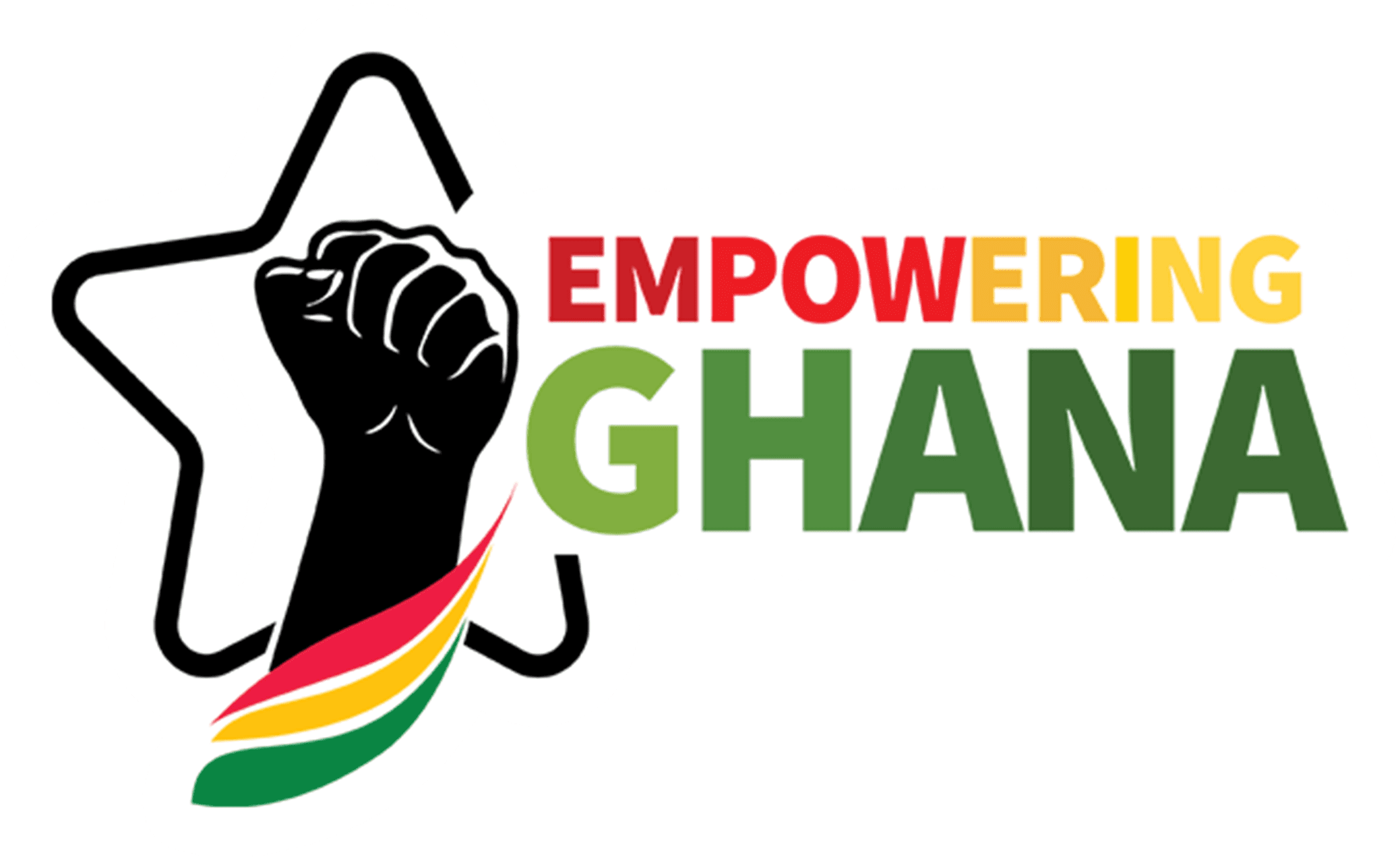Moses Kwesi Baiden, the Executive Director and Chief Executive Officer of Margins ID Group, has emphasized that the Ghana Card, which incorporates the electronic passport (e-passport), is recognized as the most secure identification document in the world.
He noted that its advanced features and technologies allow for verification at 4,400 international airports. Baiden described the Ghana Card as a highly secure identification method, equipped with a unique electronic chip that houses a collection of read-only files protected by sophisticated cryptographic mechanisms, ensuring both the document’s security and the privacy of the passport holder.
His remarks were made during a visit from officials of the Ministry of Communications and Digitalisation, along with representatives from its agencies. The electronic chip embedded in the Ghana Card contains both biographic and biometric data, which can be cross-referenced with the traveler and the presented travel document (paper passport).
Furthermore, the e-passport includes multiple security layers to prevent duplication. Baiden asserted that the Ghana Card adheres to the highest international standards, as certified by the International Civil Aviation Organization (ICAO), and features three secure identity profiles: the electronic passport (e-passport), an electronic ID (e-ID) profile, and a Match on Card (MOC) profile.
He further explained that these advancements were made possible through the government’s initiative to integrate the Ghana Card with the ECOWAS Card, also known as the West African Identity Card, thereby creating a single, unified identification document for Ghanaian citizens and facilitating their travel within the ECOWAS region using one card.
According to data from the Intelligence Card Production System (ICPS), as of July 29, 2024, a total of 18,000,003,162 Ghanaians had registered for the Ghana Card, with 17,878,144 cards printed and 195,076 foreign nationals registered.
Mr. Baiden stated that the advancements achieved in enrolling a significant number of individuals in the Ghana Card initiative can greatly enhance the development of a strong digital economy.
This initiative offers a secure, unique, and verifiable digital identity for citizens, facilitating access to financial services including mobile money, banking, and digital payments, as well as online government services. Furthermore, it aids in informing policy decisions and fostering economic growth.
I am happy that despite different ideas and protests about voting, the parties have eventually agreed that in the next elections, they are going to use the Ghana Card for voting because now we have gone past 98 percent coverage of the adult population.









